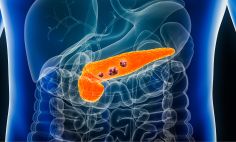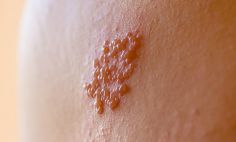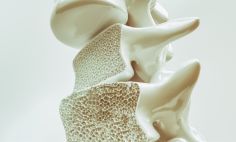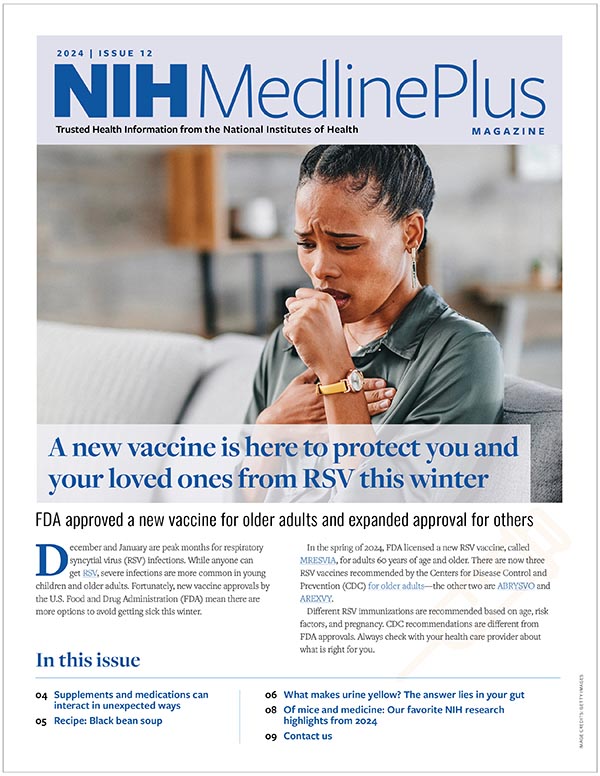Latest Articles

7 tips for managing screen use
Feel like screens are eating into family time? We have some tips from experts for setting limits on screen use and cultivating healthy digital habits in...
Screen Use
New pancreatic cancer research may improve detection and treatment
About 1.7% of people in the United States will be diagnosed with pancreatic cancer at some point in their lives. Despite being the 10th most common...
Cancer, NIH Research, Pancreatic cancer
Pancreatic cancer: What you need to know
The pancreas is a gland behind your stomach and in front of your spine. It produces enzymes that help break down food and hormones that...
Cancer, Pancreatic cancer
Did you know? Supplements and medications can interact in unexpected ways
Many of us take dietary supplements such as vitamins, minerals, herbs, or other products to boost our health. Since many supplements contain natural ingredients, it’s...
Dietary Supplements, Drug Reactions
What makes urine yellow? The answer lies in your gut
Ever wonder why urine is yellow or why skin looks yellow in people with jaundice? Scientists have known for more than a century that urobilin...
NIH Highlights, NIH Research
A new vaccine is here to protect you and your loved ones from RSV this winter
December and January are peak months for respiratory syncytial virus (RSV) infections. While anyone can get RSV, severe infections are more common in young children...
Immunization, Infectious Diseases, Cold-Weather Wellness, Vaccines
Of mice and medicine: Our favorite NIH research highlights from 2024
1. Could a new molecule prevent blood clots without increasing the risk of bleeding? Blood clots can form when substances in the blood clump together. If...
NIH Highlights, NIH Research
What’s the most effective way to prevent shingles? Getting vaccinated
Shingles, also known as herpes zoster, is a painful, often debilitating rash that affects roughly 1 million people each year. Fortunately, the current shingles vaccine, known...
Shingles, Immunization
What is palliative care? We asked a professional
People with serious or terminal illnesses have to make difficult choices. It can be hard to understand all the information they get from their doctors....
Palliative Care, Caregivers
Do you know your family health history?
Some people inherit heirlooms—jewelry, furniture, clothing, and other items—from their relatives. But there’s something even more valuable we all inherit: our health. Finding out what...
Genetic Testing
Osteoporosis: What you need to know
Did you know that our bones are living tissue? To keep them strong, our bodies break down old bone and replace them with new bone....
Osteoporosis
My mammogram was ‘abnormal’—what do I do next?
First, thank yourself for getting a mammogram! Breast cancer is the second most common type of cancer in women in the United States, and a...
Breast Cancer
‘Nothing important went unsaid’
Over the course of their relationship, Rebecca Rose Vassy supported her long-term partner Sean in managing multiple chronic health conditions. Then a cascade of medical...
Caregivers
Caring for yourself while caring for others
Are you helping a loved one with daily tasks, medical care, or emotional support? If so, you’re a caregiver…and you’re not alone. According to the...
Caregivers







